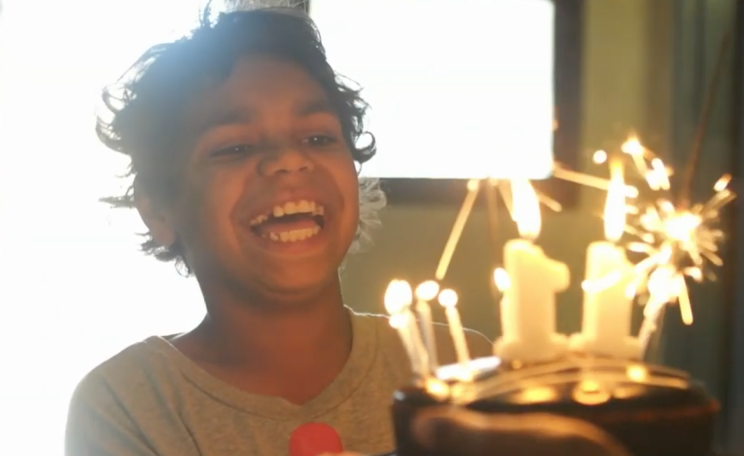But the realities of our modern post-industrialised existence have like a tempest crashed against the rocks of the island - and changed everything about their lives. At first, this was welcomed.
What does happen when an unstoppable force meets an immovable object? What happens when values collide - when empathy for an indigenous population in crisis conflicts directly with empathy for the pilot whales they hunt, butcher and eat.
This is the seemingly intractable paradox at the very heart of The Islands and the Whales, from the director Mike Day and released in cinemas in the UK tomorrow. The small, close knit population of the Faroe Islands has for thousands of years hunted down and killed whales, eating the blubber and meat. They had for most of that time largely ignored the outside world - and in turn been ignored by us.
But the realities of our modern post-industrialised existence have like a tempest crashed against the rocks of the island - and changed everything about their lives. At first, this was welcomed.
Whale meat
This newness arrived in the form of roads in the 1950s, followed by street lighting, fridge-freezers, SUVs, television, rock concerts and the world wide web. The new motorboats and mobile phones make whale hunting more efficient, even more deadly to both quarry and hunter.
Then came a new understanding of the world. The mythical huldufolk - who lived in the shadows and only appeared occasionally to offer wisdom and warnings - have been scared away. With them has disappeared an ancient appreciation of the “bigness” and the power of nature, and humanity’s place within it.
Today, we have a much deeper understanding of the pilot whale itself: this sophisticated, majestic animal with a capacity for empathy which rivals our own, and complex family and social relations. With this knowledge comes pain - the pain at watching such beautiful animals butchered on the beach.
And with that comes animal rights protesters. We know their empathy for the anima. But we also witness their apparent failure to emotionally connect with the indigenous population, which in this case proves self defeating: it only galvanises the local community in their identity as whale hunters.
Finally - and fatally - the modern world brings pollution. This takes the form of toxic mercury leaching into the global oceans from the burning of coal for electricity - the power which made the manufacture of the television and powerboat possible. The mercury enters the food chain, rising up to the pilot male and in turn to its hunter.
Delight and entertain
The knowledge that modern science brings causes further anguish. Pal Weihe, the chief medical officer - a local hero, has been conducting a longitudinal study of the local community through hair and blood tests. These show, beyond doubt, that the mercury from the whale meat is poisoning men, women and children. They are warned it will hamper brain development and later cause problems like Alzheimer's.
But the realities of our modern post-industrialised existence have like a tempest crashed against the rocks of the island - and changed everything about their lives. At first, this was welcomed.
The Islands and the Whales provides a gentle insight into how an intelligent, compassionate community with a strong identity based on traditions of bird and whale hunting struggles to deal with the shock of the new. Slowly, it becomes clear that their fate is also our fate, in microcosm.
There is no voice over, no clunking agenda or ideology imposed. The cinematography is spellbinding, which greatly enhances the deep empathy that it is possible to feel both for the screaming whales and for the people who eat them. The Islands and the Whales is a deeply enchanting film.
There is in this universe no immovable objects - we swirl around in constant flux. There are no absolutes: fixed moralities have been torn apart in our complex modernity. Yet against all the odds we need to return to our empathy - and develop an ethics that accepts and connects.
The population of the Faroe Islands will in time come to terms with the dangers of eating whale meat, and at the same time are likely to develop a new understanding and connection to the breathtaking nature all around them. The whales will delight and entertain in a very different way. Perhaps also, the huldufolk will return along with the wisdom of the darkness.
This Author
Brendan Montague is editor of The Ecologist, founder of Request Initiative and co-author of Impact of Market Forces on Addictive Substances and Behaviours: The web of influence of addictive industries (Oxford University Press). He tweets at @EcoMontague. The Islands and the Whales is released in UK cinemas 29 March 2018: http://theislandsandthewhales.com/screenings







